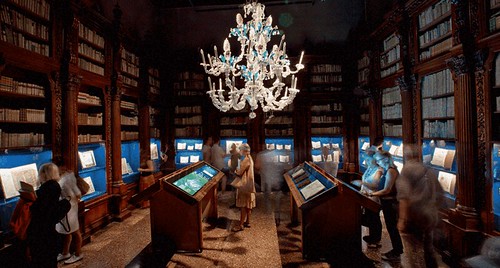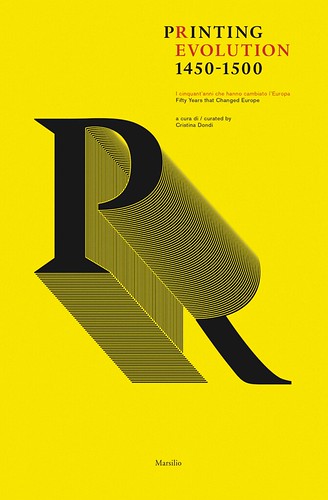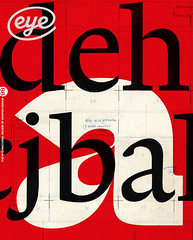Spring 2019
Adventures in the book trade

Printing R-Evolution
Museo Correr, Venice, Italy, until 30 April 2019

Printing R-Evolution’ has been an unexpected public success, confounding expectations that the incunabula period of early printing was an arcane subject of interest to only a few academics and rare book collectors. Cristina Dondi, the exhibition’s instigator says: ‘We have transformed a field that was until recently very niche and specialised … into almost mainstream history.’
Dondi, a professor at Lincoln College, Oxford, is the person behind 15cBooktrade, a decades-long research project to document the printed books that survive from the European adoption of moveable type in around 1455 until the end of the fifteenth century. Using a growing network of researchers and librarians, along with sophisticated data analysis, Dondi has overthrown many myths about the early days of printing by showing who actually bought and read the books. Although bibles were treasured artefacts, the vast majority of books were for everyday life – grammars, dictionaries and books about food and culture – and few of these survive.

By showing the impact of the early years of printing on literate society, Dondi draws parallels with the digital revolution of today. ‘Printing R-Evolution’ makes use of the public’s understanding of technological change to explain this turbulent period in history – centred around Venetian printers – in a smart, accessible manner. Animated projections by Studio Visuale set the scene, and short videos are displayed alongside original books. Electronic displays demonstrate facts and figures by comparing the (rapidly descending) price of books to the cost of chickens or leather boots.
The discovery of a bookseller’s inventory – the Zornale – was an important element in the research project and this tattered bound volume is displayed proudly alongside grander items such as an illustrated history of the world and a fragment of Gutenberg’s Bible. The accompanying catalogue includes all the texts and information graphics from the exhibition alongside photographs of rare artefacts from the era. Dondi’s research is far from finished, but the show’s popular and academic reception will make it easier for 15cBooktrade to continue in its quest to find all the surviving incunabula in the world.

John L. Walters, editor of Eye, London
First published in Eye no. 98 vol. 25, 2019
Eye is the world’s most beautiful and collectable graphic design journal, published quarterly for professional designers, students and anyone interested in critical, informed writing about graphic design and visual culture. It is available from all good design bookshops and online at the Eye shop, where you can buy subscriptions and single issues. You can see what Eye 98 looks like at Eye Before You Buy on Vimeo.

